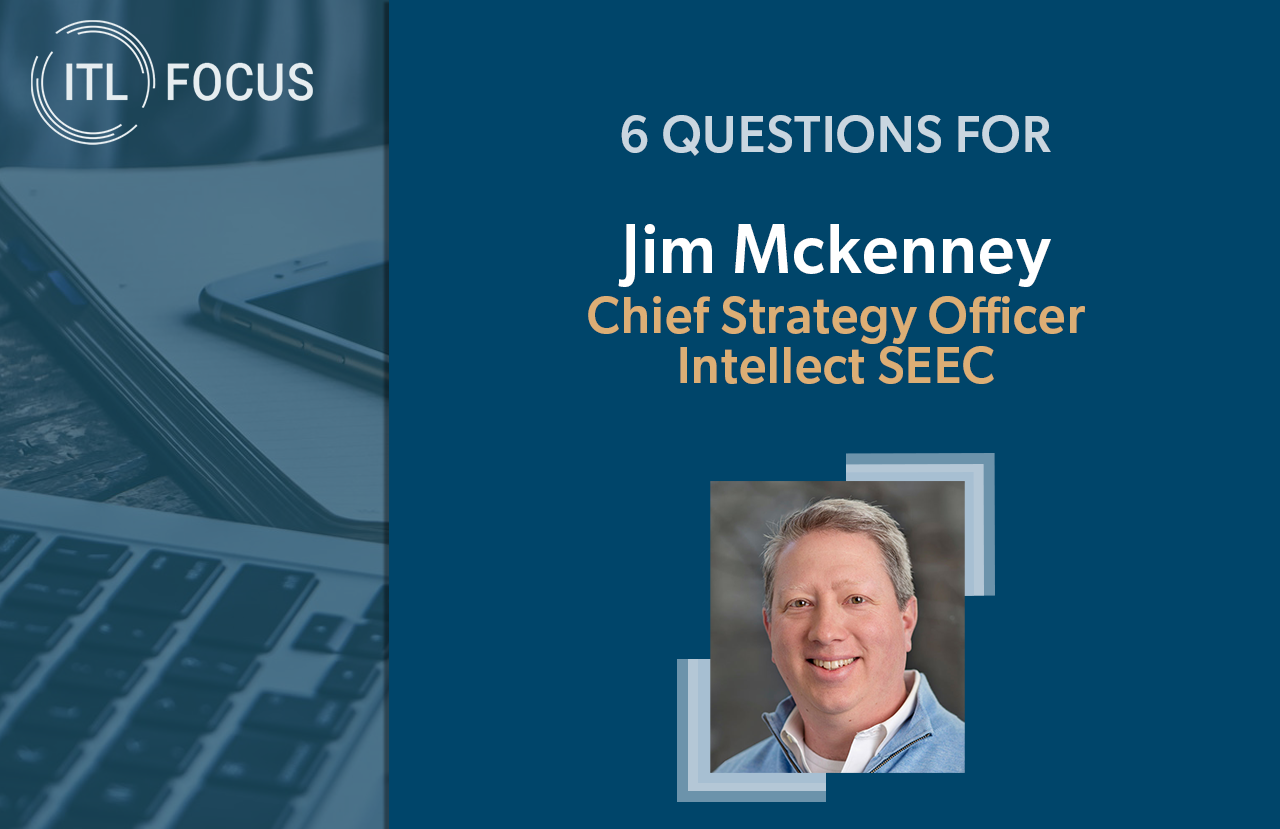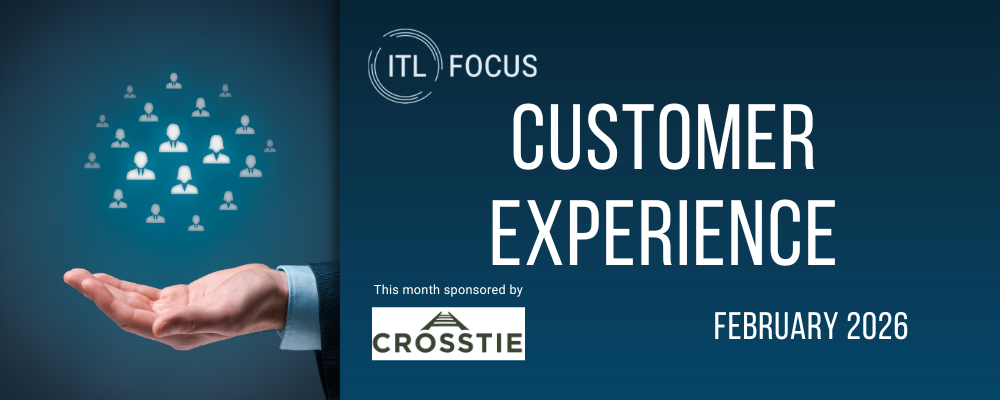As part of this month's ITL FOCUS on cognitive technologies, we spoke with Jim Mckenney, chief strategy officer, Intellect SEEC, about artificial intelligence, data, and the implications for the insurance industry.
ITL
People have been talking about artificial intelligence for a long time. In a lot of ways, you can go all the way back to the 1950s. How far along do you think we are in implementing AI in insurance.
Jim Mckenney, chief strategy officer, Intellect SEEC
The use cases in insurance are endless, everything from automating a simple process to having a level of sophistication where artificial intelligence takes in a bunch of multi-dimensional information, applies machine learning models and makes accurate decisions. But if we look at where the insurance industry is right now, those that are successful with AI are really looking for point solutions.
If you think about insurance from a macro level, we take in information about potential risk and process it and then try to predict an outcome. Today, in the commercial lines space, there’s a highly inefficient exchange of information from customer to agent and broker to carrier. That’s where we see point solutions very specifically solving for the gathering of information. This is where we've made most progress.
ITL
Could you maybe draw that out a little bit and talk about how AI can change an underwriter’s daily practice in a way that benefits the underwriter while speeding the whole process?
Mckenney
There's a lot of information, and much of it is processed manually. AI can efficiently manage the information and flow from customer to broker to carrier, so there’s a quicker response to the broker, which is highly valued. But the AI is also improving the data quality and providing a larger footprint of relevant information for the underwriter to act on. The information is more granular, too. In a manual process, folks would just roll the information up to high-level categories because it would take too long to go into detail. But AI lets you differentiate much more than you have in the past. And if you out-select your competitors, you’re going to outperform them.
ITL
Have you had a particular “Aha!”? Is there something people weren't getting at before that they're seeing now?
Mckenney
Yeah, the pleasant surprise is that successful carriers are creating efficiency and reinvesting into sophistication. Their response times have gotten a lot quicker, and they’re investing the savings in more information. For example, there is a lot of third-party data that they can use to become more sophisticated than their competitors.
I firmly believe that some carriers will fall behind, and, over time, there will be consolidation. Unlike personal lines, where three to five carriers dominate, the commercial lines segment is a very fragmented market.
ITL
Is there a particular kind of third-party data you see people going after that they couldn't go after before?
Mckenney
There's so much out there, everything from just pure structured data, from endless data providers with new elements, to unstructured information that's out there on a particular company. And then there's all the Internet of Things information that can even help manage risk.
In our business, we have over 3,000 data elements that we bring to our carriers. And there are others out there that boast of having even more. That's a combination of structured and unstructured data that we make real for carriers.
ITL
We've talked a fair amount about underwriting. Where else do you see AI having a big impact in the near term?
Mckenney
AI is starting to take off in the claims process, as well. At the end of the day, AI is about making predictions. The insurance industry has had predictive models for years, but computing power is so much cheaper and more available that AI can just spread to wherever predictions are needed.
ITL
Any last words?
Mckenney
Many carriers have gone down the road of leveraging AI, and many haven’t seen the success that they expected. So, one of the things that we really coach our customers through is the whole idea of change management. Change management is critical. Where we see folks trip and fall the most is in where AI interacts with the human. There's a lot of mistrust by an underwriter, for example, about what's coming out of the machine. So, a key to success is building your AI in a way that the user can trust but verify. If answers just come out of a black box, people tend not to trust it, then they tend not to use it and then you ultimately don't get the value that you're seeking.
So, there are issues. But all industries are leveraging data better than they did before. And yet we're just at the tip of the iceberg.
ITL
I very much agree. It'll be fascinating to see where we go from here. Thanks for taking the time.





